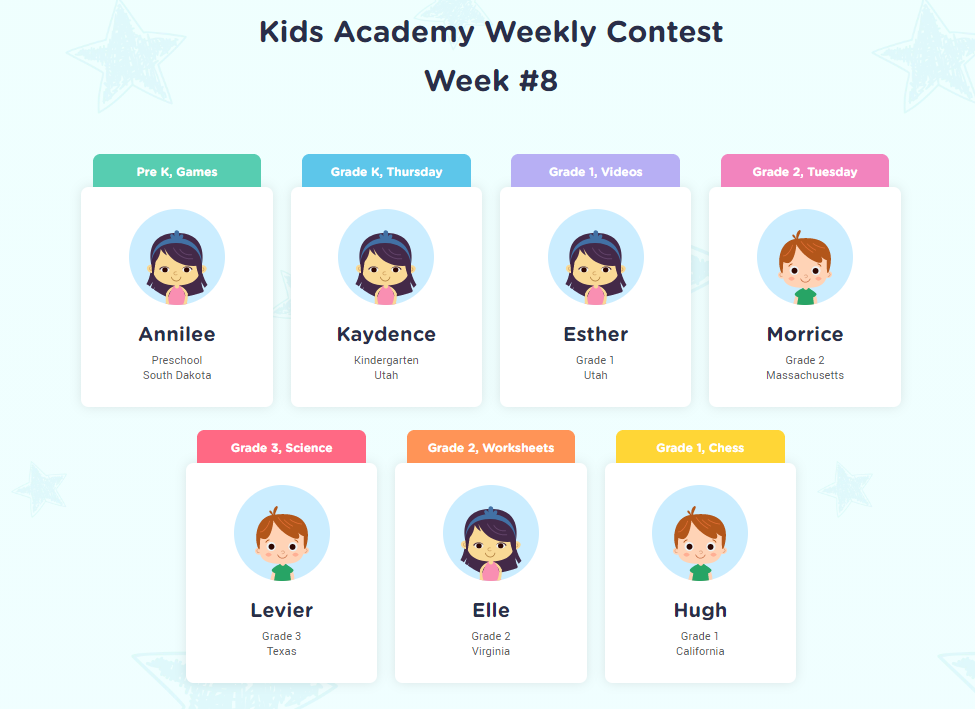Do’s and Don’ts of Raising the Spirited Child
Jan. 3, 2017
They’re the kids that people tend to label. They’re called “hard-headed”, or “difficult”, and parents often struggle with kids who just don’t seem to listen. Once in school, these children face a whole host of new labels like “unfocused” or “disorganized”, while some of them earn the dreaded diagnosis: ADHD.

Kids come in all shapes and sizes, with different personality types and ways to cope with the world around them. While much of society thinks of these kids as problems, children who are labeled as hyperactive possess many traits that are highly adaptive.
By taking a closer look at some of the most prominent traits that characterize a hyperactive child, parents can turn these seemingly negative symptoms into positive attributes to poise them for future success.
DISORGANIZATION
A common trait of hyperactive children, you might notice your young child having trouble remembering to clean up, or keeping their toys, crayons, or play dough organized when not in use. In school, these kids often have a hard time organizing worksheets, homework, and everyday school supplies.
Why this might not be so bad…
Recent studies have shown that adults with messy work areas or desks may be more creative and imaginative. While most of us think of being disorganized as a negative thing, children who are disorganized face difficulties staying organized because of the many thoughts racing through their extremely active brains.
These kids often jump from one activity to the next without much thought. Indeed, studies have also shown that hyperactive kids tend to be highly creative and talented.
DO’s
- Do your best to explicitly teach your child strategies to keep organized, and check in on them often to keep them in check.
- Teach your child to slow down and pay attention to details before rushing into the next activity.
DON’Ts
- Try not to get frustrated and needlessly punish your child. Disorganized kids aren’t trying to make you angry.
- Do your best to keep your cool and focus on positive reinforcement when your child uses the strategies you taught him.
RESTLESSNESS & IMPULSIVITY
Hyperactive kids get bored easily, and often act upon impulses, sometimes doing things that can be dangerous or offensive.
Why this might not be so bad…
Every negative has a positive. By teaching your child the right skills, your child can take restlessness and impulsivity and turn it into their more positive counterparts: Action, and spontaneity.
DO’s
- Find out what really drives your child. Do they like to help others? What positive activity do they enjoy the most?
- Encourage your child to focus on those tasks to be productive.
- Teach them that sometimes spontaneity can be okay so long as their actions are helpful and meaningful.
DON’Ts
- Don’t be afraid to teach your child coping strategies.
- Standing by and hoping that “this is just a phase” will not help your child to learn meaningful ways to channel their energy.
INATTENTION
Spirited kids often lose focus and sometimes seem as if they are in their own world, not paying attention to anything around them.
Why this might not be so bad…
As mentioned above, these kids can have many interests and are highly imaginative. Put that imagination and creativity to good use by giving them outlets for their positive interests.
DO’s
- Keep your child busy with a plethora of preschool educational activities to find out where your child’s interests lie.
- Hone in on those interests and encourage your child to learn more about whatever topic or subject they love to slowly build stamina and focus.
DON’Ts
- Give up lecturing kids about something they don’t care about.
- Find a way to incorporate what they already love into the activities they don’t to pique their interests.
At Kids Academy, we take pride in offering the highest quality educational games, worksheets, and videos to meet the needs of all children, no matter what they face in life. That’s why you’ll find so many different activities in our apps and on our website to give you many different activities to try with your child.
We know that all kids are different, and sometimes different strategies are needed to reach them. By finding out what your child loves and excels at, it’s possible use that interest to tap their fullest potential to prepare them for a successful future.











